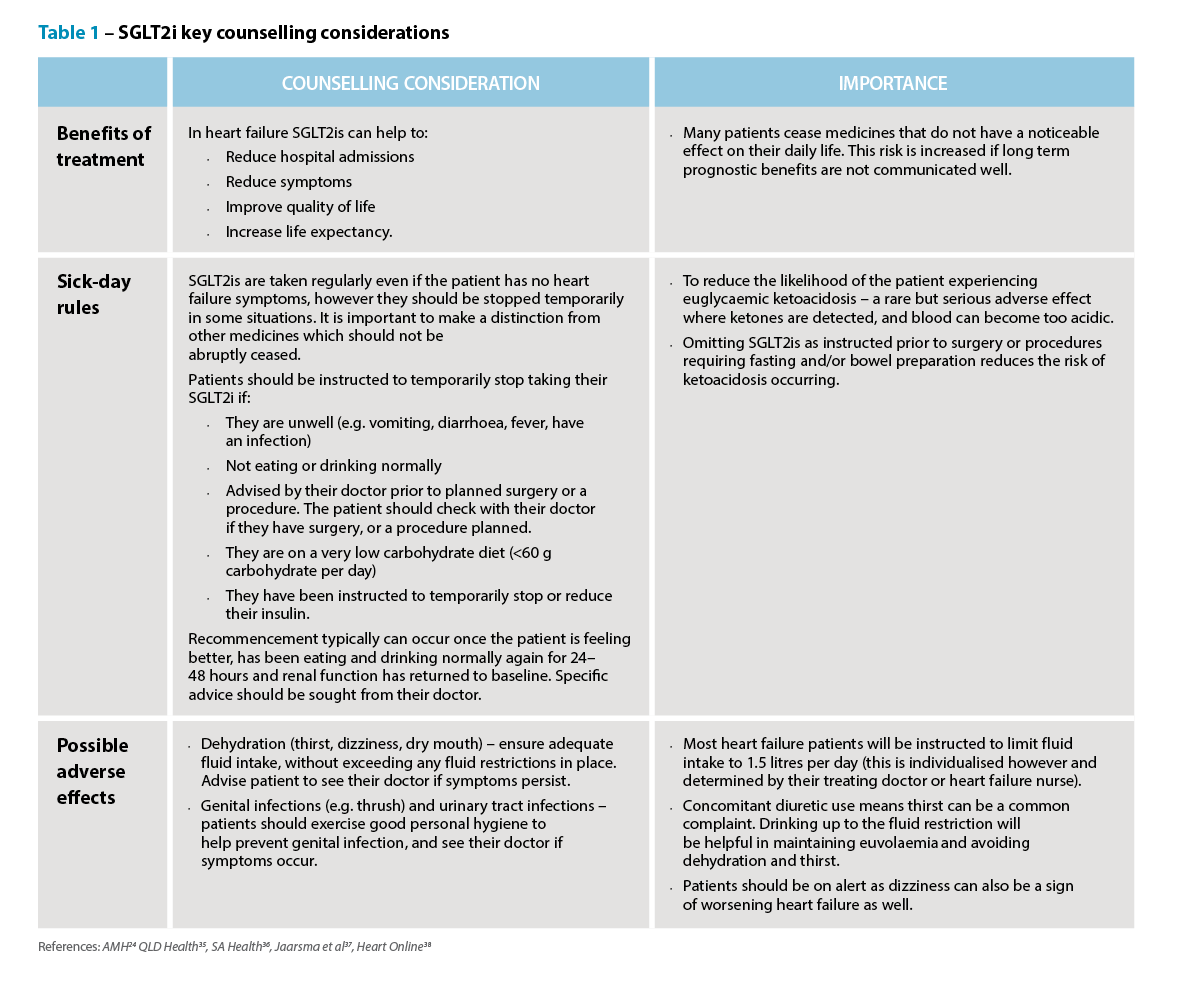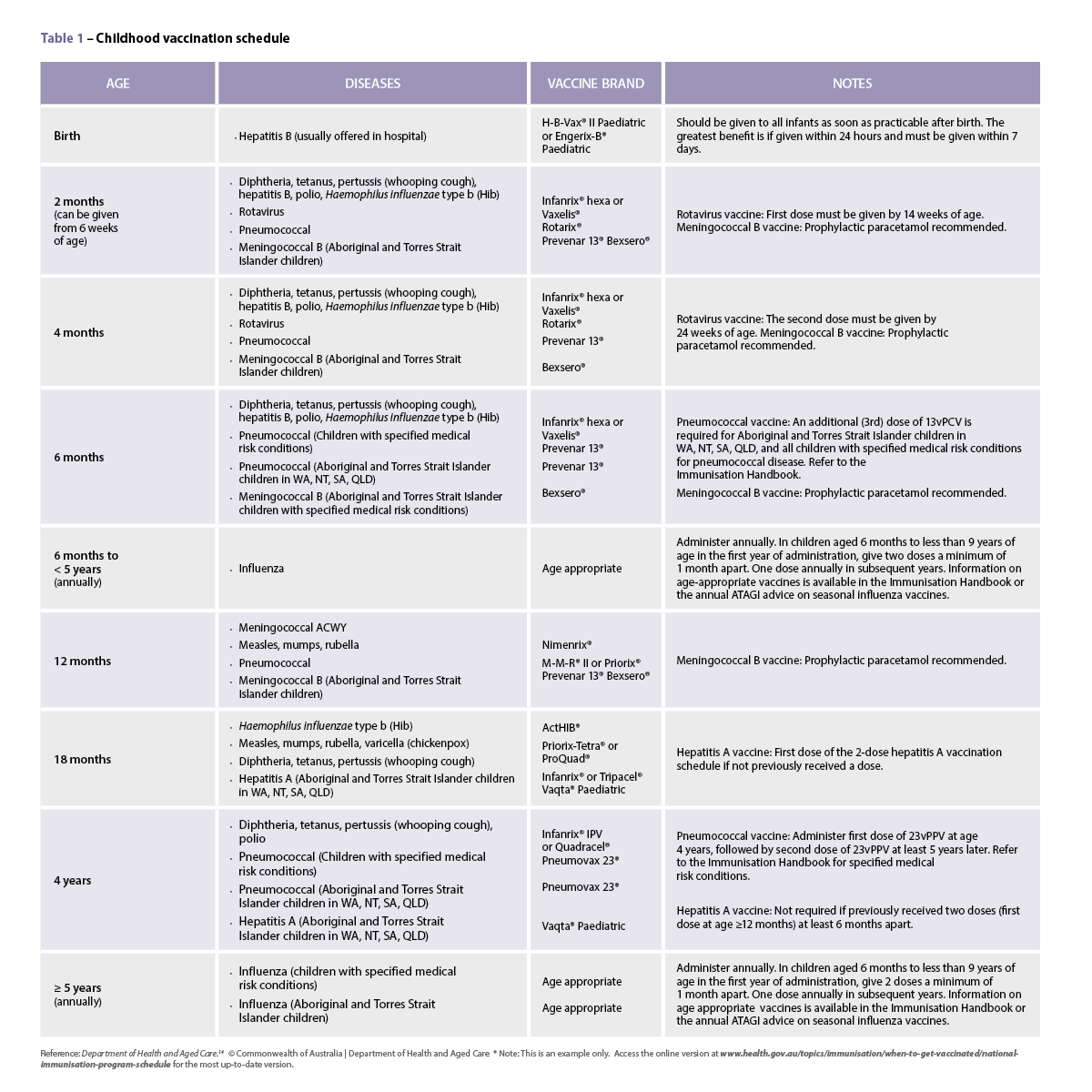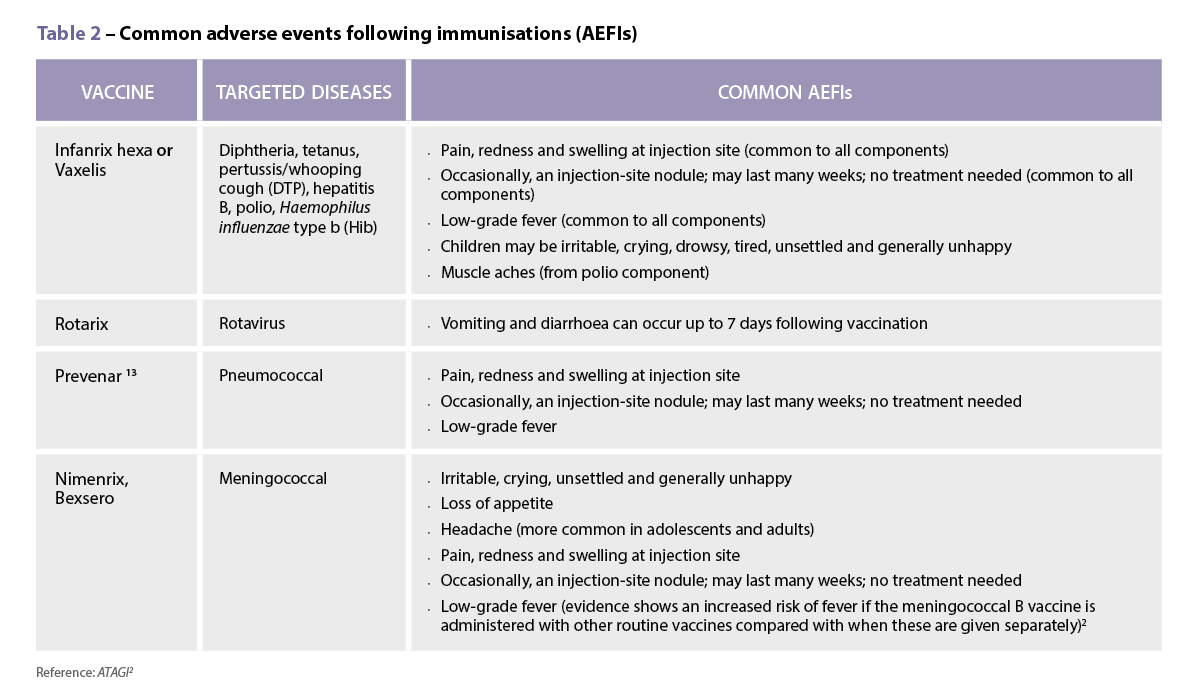
An Australian clinical impact study has demonstrated the cost-effectiveness of a pharmacist-delivered minor ailments service compared to usual pharmacist care in the community setting.1
This year more than ever, Australian pharmacists have been recognised for their key role in providing frontline health care to their communities, including during bushfires and a pandemic. They are clinically trained, accessible and flexible to changing legislation, and implementation of a service to assess and manage minor conditions is well within the scope of a community pharmacist’s capabilities.
Minor ailments have been defined as ‘self-limiting or uncomplicated conditions that can be diagnosed and managed without medical (i.e. GP) intervention.’1 Community pharmacies are an ideal location to receive this treatment without the need to consult a general practitioner or present to a hospital emergency department.
Following a pilot study that confirmed its feasibility, a cluster randomised controlled trial evaluated the cost-effectiveness of a minor ailments service delivered to about 900 patients across 30 pharmacies in Western Sydney from July 2018 to March 2019.1
Conditions included common colds, coughs, heartburn/reflux, headache (tension and migraine), menstrual pain or primary dysmenorrhea, and acute low back pain.
A minor ailments service was found to be more costly than usual care but more effective in ‘quality adjusted life years’ (QALY) and symptom relief. Economic evaluation determined that minor ailments services in an Australian setting are cost-effective.1
Features of the minor ailments service were:
- a standardised consultation (clinical assessment, management using agreed pathways, referral where appropriate, patient follow-up)
- integrated technology pathways agreed with leading general practitioners (GPs) (specific for each ailment)
- educational training for pharmacists (one day)
- practice change support (one hour monthly visits by a practice facilitator).
A generic non-prescription medicines formulary and a method of communication between community pharmacists and GPs for OTC consults were also included.2
Unlocking pharmacists’ potential

Lead author of the study Dr Sarah Dineen-Griffin MPS, Lecturer in Health Services Management at the School of Biomedical Sciences, Charles Sturt University, said offering the service made sense.
‘The minor ailment service is aimed at integrating community pharmacy further into the national health care system consistently across Australia, making the most of pharmacists’ clinical skills to support the needs of our communities,’ she told Australian Pharmacist.
‘This is a way to further unlock the potential of community pharmacists to carry out more consultations and manage a greater number of patients, while working closely with GPs and others.’
In its Pharmacists in 2023report, PSA advocated for community pharmacies to be seen as ‘primary healthcare hubs’ offering a broad range of healthcare services.
The report highlighted that pharmacists play a key role in managing patients’ health concerns by using their clinical training to ‘assess then treat or refer’ based on the patient’s needs.
‘This contribution provides timely access to care and reduces the burden on general practice and hospitals,’ the report states.
‘Working collaboratively with general practice and Primary Health Networks will ensure that these services are integrated into local practice environments.’
The minor ailments service initiative also aligns with a number of recommendations made in PSA’s federal budget submissions for 2020–21, including support for Medicine Safety and Quality Use of Medicines as a national priority, and endorsement of the expanding roles of pharmacists.4
PSA’s Western Australian budget submission noted that non-urgent presentations to hospital emergency departments mostly occur from 9 am to 7 pm (70%), when pharmacies are open.4 In addition, the discussion paper found that introduction of a minor ailments service in the United Kingdom (UK) could lead to a decline in consultations and prescriptions for minor ailments in general practice.3
Minor ailments services formalise what pharmacists do now – assessing, treating and referring patients with common conditions such as skin conditions, allergies and respiratory issues. There are precedents in the UK and Canada, with plans for a minor ailments service in New Zealand.
Scotland introduced a service in 2006, allowing access to treatment for self-limiting conditions such as fungal infections, allergies, diarrhoea, ear aches, sore throats and headaches. After strong acceptance, an expansion is currently underway with additional pharmacist training, a broader range of conditions and greater access.
Dr Dineen-Griffin believes that a minor ailments service would help address the rising level of participation in self care and self-medication for minor ailments. And appropriate remuneration is important.
‘We must draw on international experiences where self-care reforms and innovative models of collaborative healthcare have shown cost savings and better health outcomes,’ she said.2
References
- Dineen-Griffin S, Vargas C, Williams K, et al. Cost utility of a pharmacist-led minor ailment service compared with usual pharmacist care. Cost Eff Resour Alloc. 2020;18(24):1–13.
- Cowie T. Minor ailments schemes: Pharmacy’s next major focus? Australian Pharmacist. 2018. At: www.australianpharmacist.com.au/minor-ailments-schemes-pharmacys-next-major-focus/
- Pharmaceutical Society of Australia. Pharmacists in 2023: a discussion paper. 2018. At: https://my.psa.org.au/servlet/fileField?entityId=ka17F0000000xyIQAQ&field=PDF_File_Member_Content__Body__s
- Pharmaceutical Society of Australia Federal budget submission: 2020/2021 financial year. 2020. At: www.psa.org.au/wp-content/uploads/2020/01/PSA-Federal-Budget-Submission-2020-21.pdf




 Categorisation of heart failure
Categorisation of heart failure A focus on SGLT2is
A focus on SGLT2is Knowledge to practice
Knowledge to practice 
 Professor Anthony Lawler, Australian Government Chief Medical Officer,
Professor Anthony Lawler, Australian Government Chief Medical Officer, 
 This CPD activity is supported by an unrestricted education grant by Reckitt.[/caption]
This CPD activity is supported by an unrestricted education grant by Reckitt.[/caption]
 Case scenario
Case scenario








